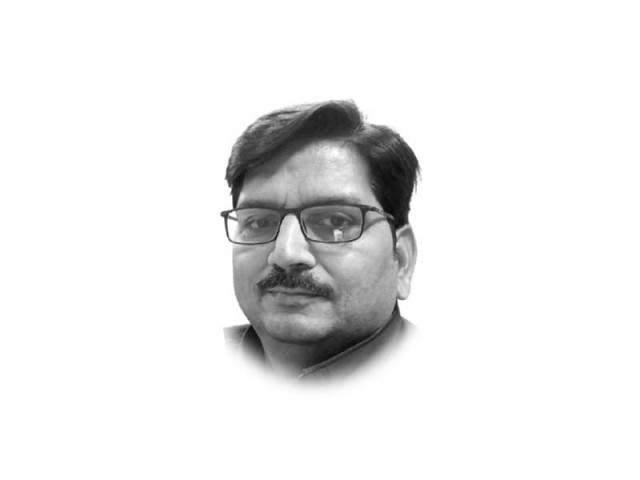Student council elections and role of teachers
The manifestos, orated in the contesting students’ speeches, mainly focussed on the provision of essential facilities

The spun-out drought of co-curricular activities at government educational institutions seemed to have a light rain when on 16th May for the formation of Student Councils, elections were held in the schools of Punjab for the first time in their history to elect president, vice-president, secretary general, and finance secretary of the council. The aim is to inculcate democratic values in students through co-curricular activities.
The students from grade six to ten participated in the elections with full vigour. Many latent qualities of students came to the fore. Students were even observed canvassing for votes on door-to-door campaigns outside school premises, which was appreciated by the local communities as well.
The elections were an apolitical replica of national elections. Students were given full space and time to campaign for the elections and experience the whole electoral process under strict discipline of school administration. The results were tabulated on forms 45 and 47, and quite interestingly, students raised apprehensions about the rigging of form 47 – a sign of their awareness of the electoral process.
The manifestos, orated in the contesting students’ speeches, mainly focussed on the provision of essential facilities not provided by schools. The availability of potable water, arrangement of cleanliness of classrooms and washrooms, and access to functional libraries and science labs constituted the staple of their speeches. The elections highlighted the issues mostly ignored as elephants in the room.
Schools, unlike colleges, are proverbially known for instilling discipline in students. Hence, the nomenclature was changed to Student Councils from Student Unions, notorious for their politicised existence and hooliganism at the campuses.
The apparent objective of this initiative is to ensure peaceful participation of students in co-curricular activities and cultivate a youth infused with power of decision-making and not to be manipulated by demagogues or populist ideologues. According to the directions to school administrations, only disciplined and industrious students were allowed to contest elections after ascertaining approval from relevant teachers and the principals to present these students as role models.
The role of teachers is crucial in implementing any policy, and alas, this time too they remained oblivious of their role in cultivating democratic values. Being introduced with something new at so tender an age, the students were manipulated by teachers and their political affiliations. As grouping among employees is natural at a workplace but it becomes ominous when personal grudge overpowers common good.
It has been observed that teachers directed their students to vote for particular candidates to spite their colleagues. Students’ discretion was overriden by their teachers’ whims. A generalised negative outcome of these elections is “teachers have been voted, not the students”. Such teachers have maligned a simple activity meant to nurture the human mind at an impressionable age. The elections were not just a formality but a belief in functional democracy.
The establishment of teachers indoctrinated in students how to follow orders of anti-democratic powers. Students ignored the manifestos of contestants and voted like programmed robots. Rather, students must have been trained to shun the personality cult while casting their votes. How can a genuine contesting student neutralise a teacher’s manipulistic involvement in tilting the balance in favour of a candidate? Moreover, what respect would students have for such teachers?
Teachers’ tainted involvement in co-curricular activities always sullies their own respect and profession. Objectivity is all that is expected from teachers to foster qualities of leadership and integrity in students. Only then would students learn to work for the common good, and not for the vested interest – the plague that has fatally infected our national politics.
Published in The Express Tribune, May 27th, 2024.
Like Opinion & Editorial on Facebook, follow @ETOpEd on Twitter to receive all updates on all our daily pieces.















COMMENTS
Comments are moderated and generally will be posted if they are on-topic and not abusive.
For more information, please see our Comments FAQ